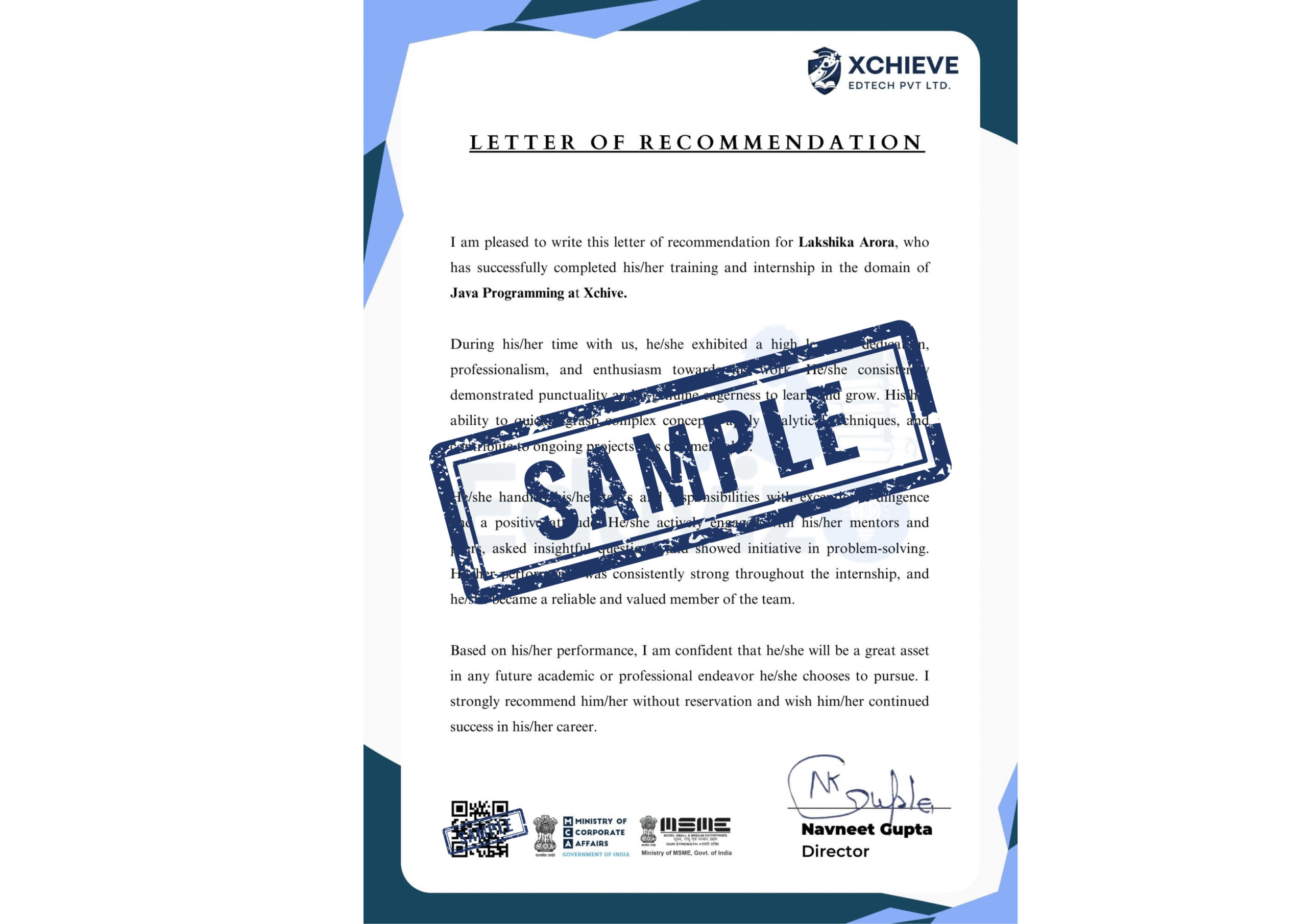Embedded Systems are specialized computing devices designed to perform dedicated tasks within a larger system, often with real-time constraints. Over the past decade, embedded systems have revolutionized industries by enabling smarter, more efficient devices. They power everything from smartphones and smart home appliances to automotive safety features, medical devices, and industrial automation systems. By integrating computing power directly into products and machines, embedded systems make our lives more convenient, efficient, and interconnected.
Explore the comprehensive modules below, each designed to guide you through the essential concepts and technologies in Embedded Systems. From fundamental hardware and software knowledge to advanced techniques in real-time processing, you’ll gain hands-on experience designing and building efficient, reliable, and real-time embedded applications.
Overview of Embedded Systems: Understanding the core concepts of embedded systems, their characteristics, and their role in modern technologies.
Basic Components: Introduction to microcontrollers, sensors, actuators, and communication protocols.
Real-World Applications: Exploring the wide range of applications where embedded systems are used—such as consumer electronics, automotive, medical devices, and industrial automation.
Hardware Design: Learn about the different types of microcontrollers and processors (e.g., ARM, AVR, PIC) and their selection criteria.
Interfacing with Peripherals: Understanding how to connect and control various peripherals, including displays, motors, and sensors.
Low-Level Programming: Get hands-on experience with assembly language and C programming for hardware-level control.
Embedded C Programming: Learn to write efficient C code tailored for embedded platforms, focusing on performance and memory management.
Real-Time Operating Systems (RTOS): Understand the role of RTOS in embedded systems and learn how to manage tasks, scheduling, and synchronization.
Embedded Linux: Explore how to work with Linux-based embedded systems and understand the differences from traditional desktop Linux environments.
Low Power Design: Techniques for optimizing energy consumption in battery-operated devices, such as sleep modes and power scaling.
Energy-Efficient Programming: Learn how to write code that minimizes power consumption without sacrificing performance.
Power Analysis Tools: Explore the tools and techniques for measuring and analyzing power consumption in embedded systems.
Serial Communication: Learn to implement communication protocols like UART, SPI, I2C for sensor data exchange.
Wireless Communication: Understand how to work with Bluetooth, Wi-Fi, Zigbee, and LoRa for IoT applications.
Networked Embedded Systems: Learn to create distributed embedded systems using TCP/IP, MQTT, and HTTP.
Hardware Debugging: Techniques for troubleshooting hardware issues using tools like oscilloscopes, logic analyzers, and multimeters.
Software Debugging: Explore debugging methods in embedded systems using IDEs, emulators, and in-circuit debuggers.
Unit Testing and Validation: Learn how to perform unit tests and ensure that embedded systems are robust and error-free.
IoT (Internet of Things): Delve into building smart, connected devices that collect and transmit data to the cloud for analytics and automation.
Security in Embedded Systems: Learn how to protect embedded systems from cyber threats, including encryption, secure boot, and device authentication.
Machine Learning on Embedded Devices: Explore how machine learning algorithms can be optimized and deployed on embedded platforms for smart, autonomous decision-making.

15+ Year experience
12 Weeks
45
27+
English,
Digital, Physical






Xchieve connects you with top educators and smart tools for fast, affordable, and personalized learning that gets results.
Subscribe to our newsletter for exclusive updates on the latest releases and special offers.
Engage in peer learning and lifelong connections.
Our amazing team stays in touch 24/7.
Pay with multiple of payment methods.
©2024 . All rights reserved.
© 100% safe and secure payment with